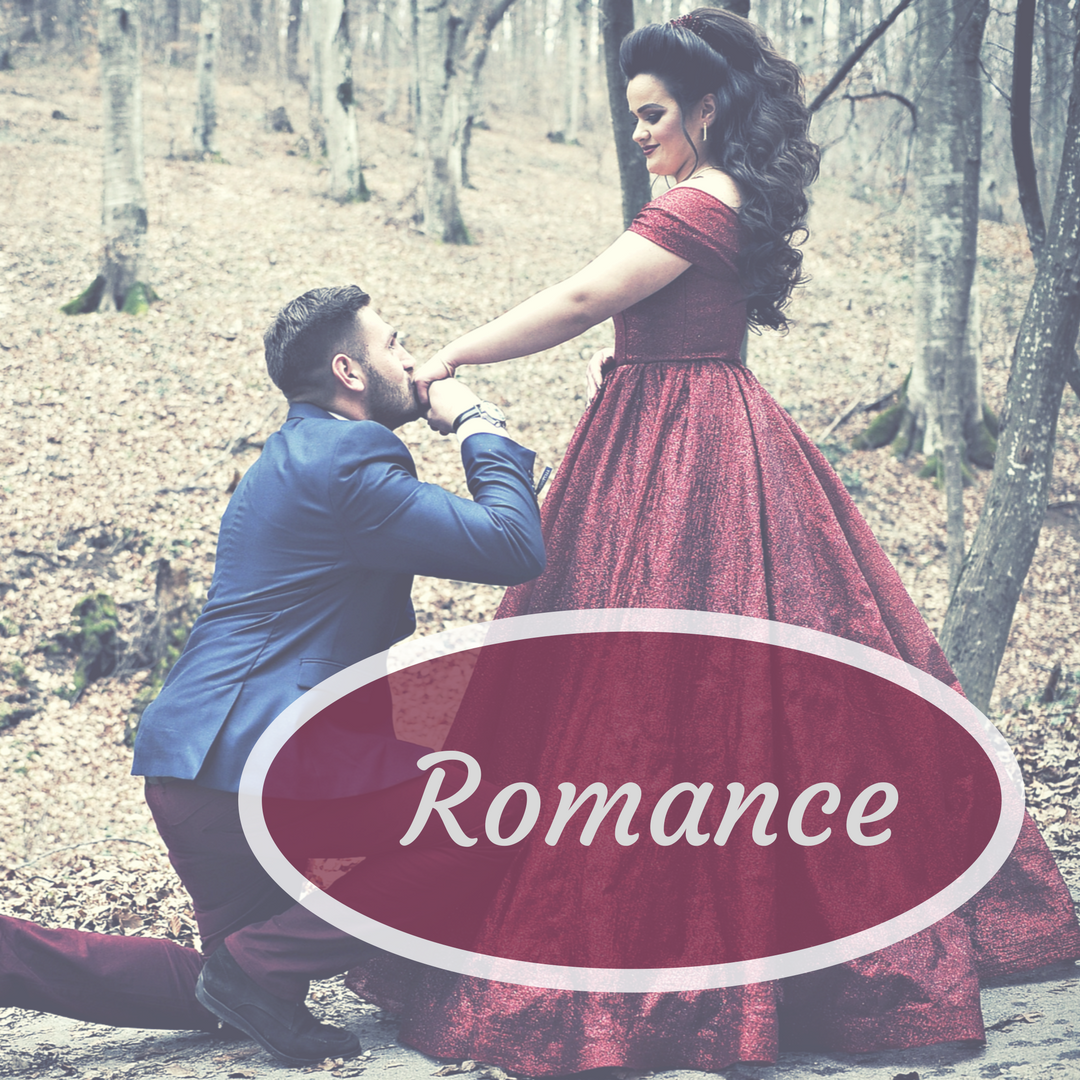Someone told me once there wasn’t conflict in romance novels. Boy meets girl. Boy gets girl. End of story.
I don’t think they had read a romance since conflict is a primary element in all fiction.
It is what keeps readers turning the pages and can sometimes be confused with plot.
Leslie J. Wainger says In Writing A Romance Novel for Dummies, “A strong romance plot put the hero and heroine together early on and, no matter how much difficulty they may be having connecting emotionally, the plot physically separates them as infrequently as possible. Close proximity allows the character an opportunity to externalize their internal, emotional conflicts.” She goes on to say, “Just as your plot offers the context for the romance to play out, the romance and the conflict that complicates it should drive the plot forward, creating an inseparable whole.”
Both external and internal conflicts are important in romances. External happens in the world around your character. Internal happens within the character’s thoughts and emotions. Romance novels, by their nature, are emotional stories and rely heavier on internal conflicts than other types of fiction. However romantic suspense may rely heavier on external conflict than a sweet romance.
William Noble says in his book Conflict, Action & Suspense “Conflict means drama.” He goes on the say “There are different types of conflict…it can be subtle as well as overt, or threatening as well as comedic. For a good story to emerge, we must know who or what is pitted against whom or what, and we must understand the consequences.”
What makes a good conflict? Unfortunately, there isn’t one answer. Everything depends on the type of story you are writing and the emotional makeup of your characters.
One piece of advice I’ve heard many times is if your conflict can be resolved by a conversation, you don’t have a strong enough conflict to build a story around. I think that statement is true to a point. Your characters may have deep internal conflicts that prevent them from engaging in that conversation. On the flip side, if you throw every possible complication and conflict you can think of into your story, you risk losing or confusing your reader.
A writer must master the elements of conflict to write a compelling story. It is important to be intentional in defining both the internal and external conflicts.
There are a number of books written about conflict and crafting novels besides the ones I have referenced above.
Here are a few titles from my writing resource shelf:
Goal, Motivation & Conflict by Debra Dixon
Elements of Fiction Writing – Conflict and Suspense by James Scott Bell
The Marshall Plan for Novel Writing by Evan Marshall
Writing the Breakout Novel by Donald Maass
What are your favorite writing resources?
Award winning writer, M. Rose Gardner has written for many years. Her journey toward publication has come in two phases. Her first phase was focused on long contemporary category romance. During the early years, she was a finalist in thirteen contests and won her category in seven, was a 2007 RWA Golden Heart finalist in the Long Contemporary Category, and 2nd runner up in the 2008 Harlequin Super Romance Conflict of Interest Contest. She took a break from writing to become a grandma to beautiful granddaughters and say good-bye to her son, who lost his twenty-year battle with cancer, and her husband after a long battle with dementia. After a period of healing, she returned to writing with a renewed focus on clean, contemporary heartwarming stories about love, hope, healing and the power of forgiveness. She is extremely proud to have won 1st place in the Blue Seal Award for General/ Contemporary/ Romance Novels at OHCWC 2017; 3rd place in the Blue Seal Award for Romance Novels at OHCWC 2018 and became a finalist in the 2018 ACFW VA Crown Award.
Find out more about her at www.mrosegardner.com
Facebook at https://facebook.com/MRoseGardner/
Twitter https://twitter.com/MaryGardner6
Instagram https://instagram.com/mrosegardner/
LinedIn at https://www.linkedin.com/in/m-rose-gardner-600b1740/






1 Comment
[…] final resolution all the more fulfilling. Romance writing prompts can help provide the different types of challenges and conflicts that best suit your […]